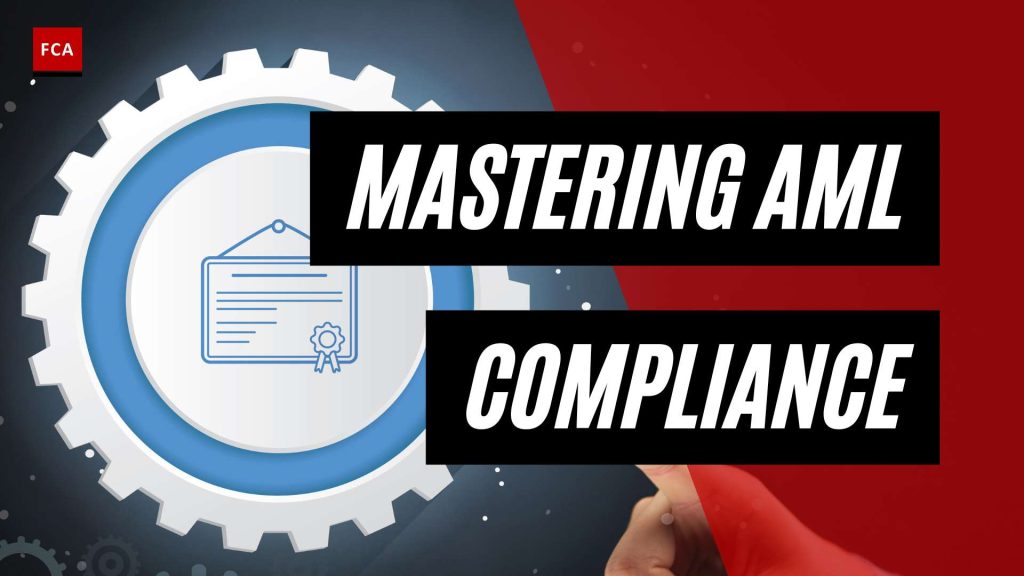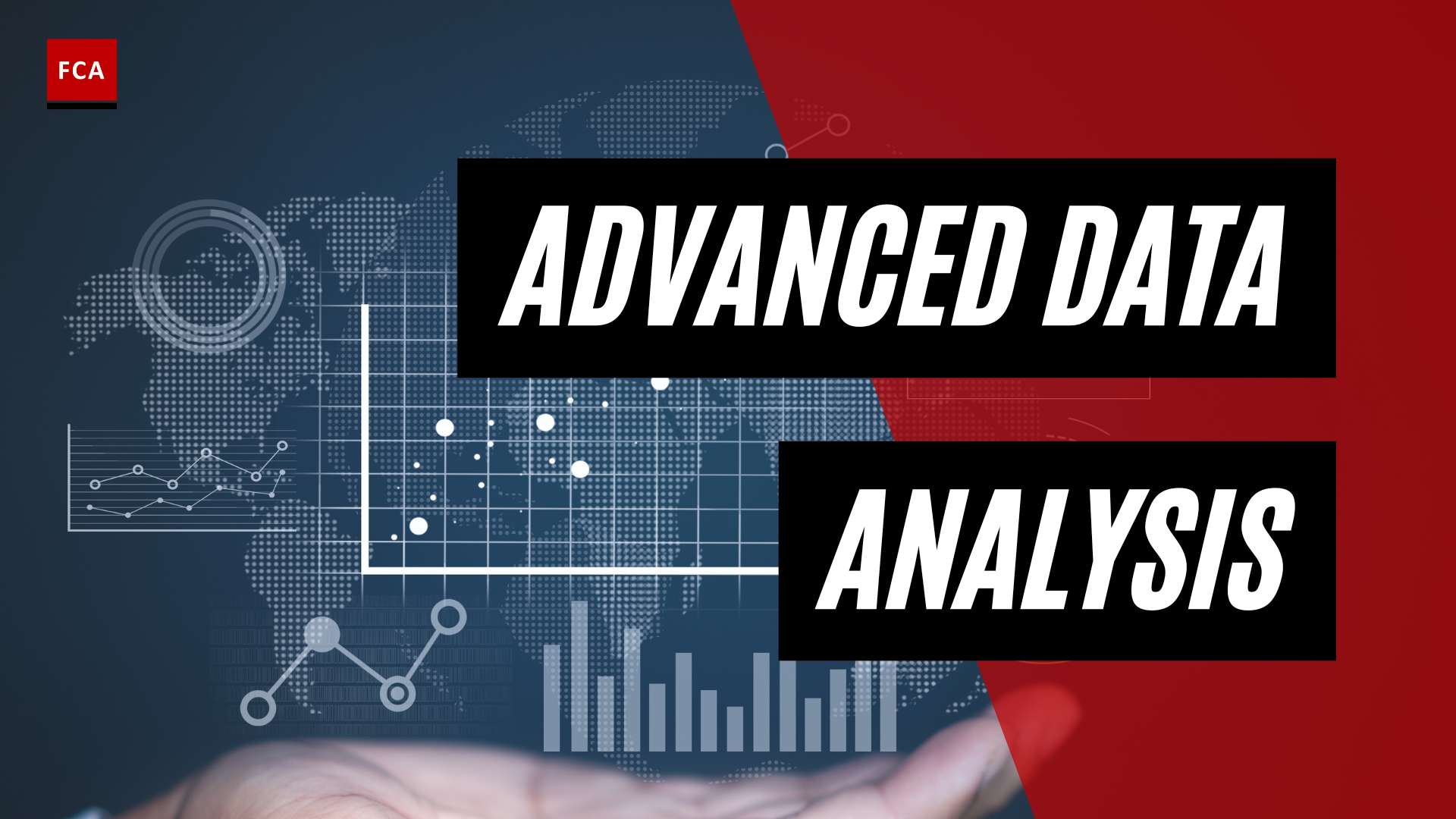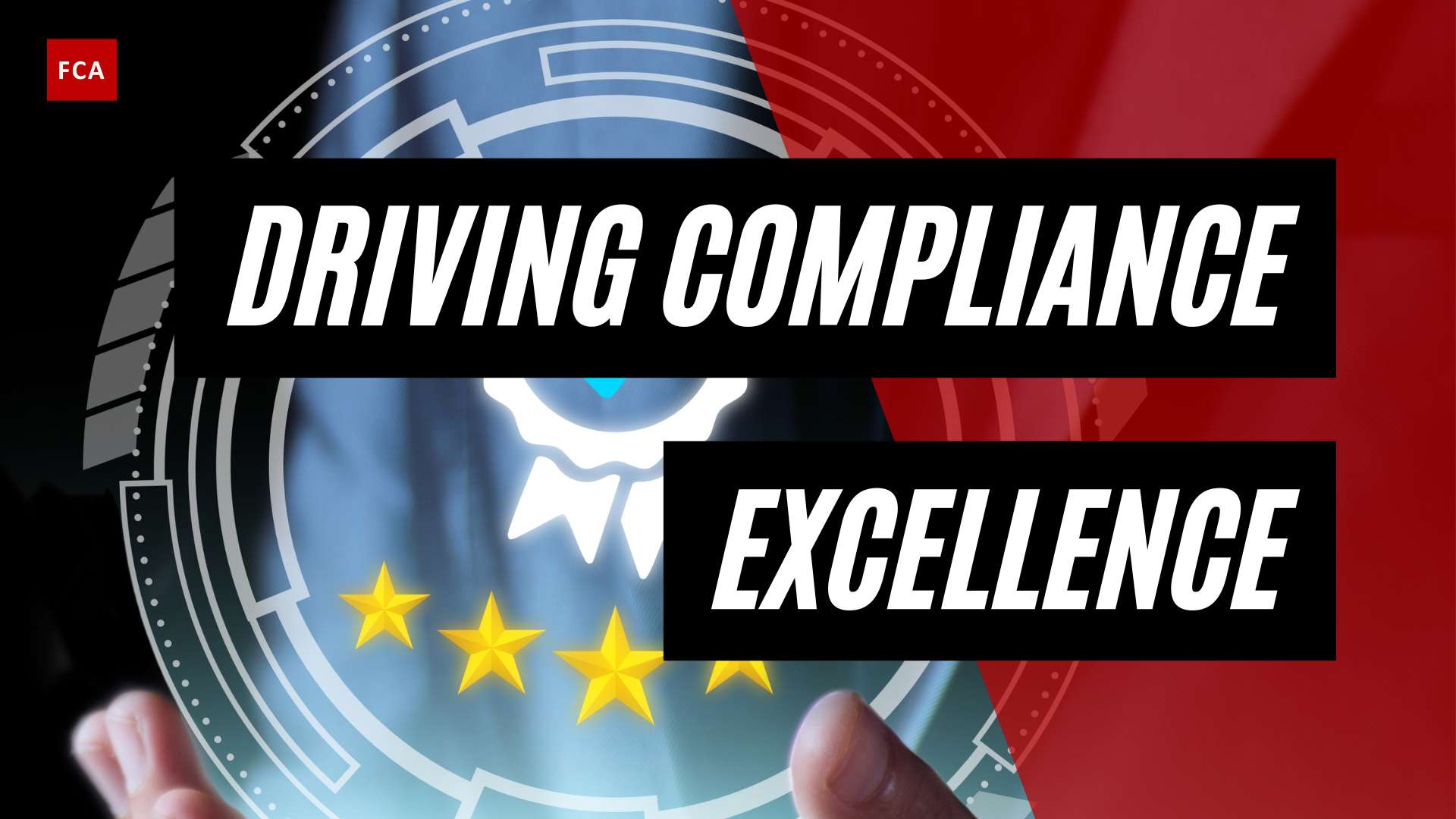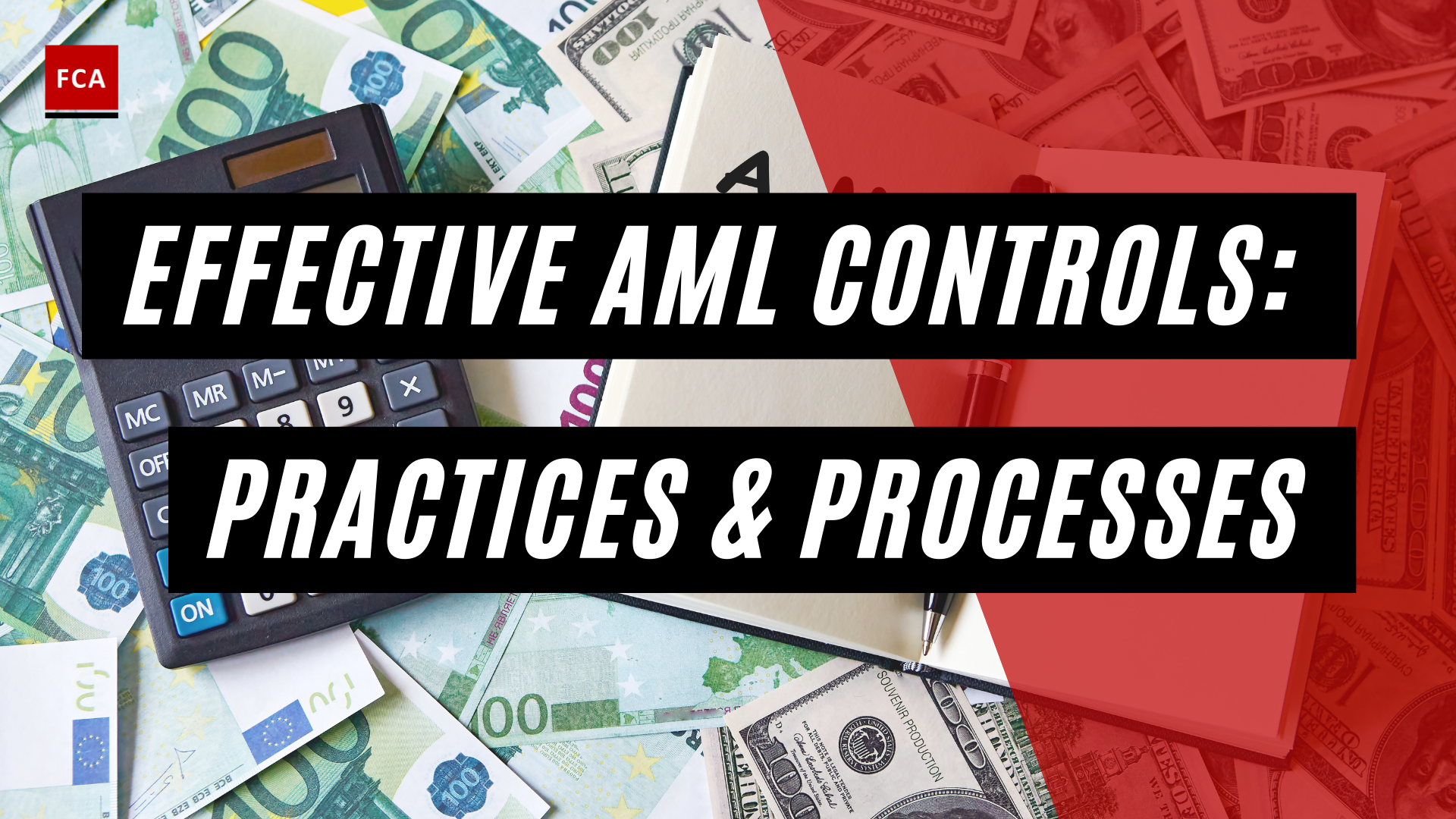Introduction to AML Compliance
Anti-money laundering (AML) Compliance is an essential part of today’s financial landscape. It involves a set of procedures, laws, and regulations designed to stop the practice of generating income through illegal actions.
Understanding AML Compliance
AML Compliance refers to the various measures put in place by financial institutions and other regulated entities to prevent, detect, and report money laundering activities. These measures include customer identification and verification, risk assessment, reporting suspicious transactions, and compliance with relevant regulatory requirements. AML regulations require financial institutions to screen customers against global watchlists, sanction lists, and politically exposed persons (PEP) lists to detect and prevent money laundering. Mandatory AML screening is required in industries like banking, Fintech, stock markets, real estate, art, precious metals, cryptocurrency, and gaming platforms.
In order to successfully implement these measures, institutions often follow an AML compliance program that includes elements like a know your customer checklist, customer due diligence checklist, anti-money laundering checklist, and AML compliance training. These tools provide a structured approach to AML compliance, ensuring that all regulatory requirements are met efficiently and effectively.
Importance of AML Compliance
AML Compliance is crucial for a number of reasons. On a broad scale, it helps to prevent the financial system from being used for illicit activities like money laundering and terrorist financing. This contributes to the integrity and stability of financial markets globally.
From a business perspective, AML compliance is important because non-compliance can result in hefty fines and reputational damage. Institutions that fail to comply with AML regulations can face penalties from regulatory bodies such as the Financial Crimes Enforcement Network (FinCEN), Financial Industry Regulatory Authority (FINRA), Office of Foreign Assets Control (OFAC), Federal Trade Commission (FTC), Consumer Financial Protection Bureau (CFPB), U.S. Securities and Exchange Commission (SEC), Commodity Futures Trading Commission (CFTC), Office of the Comptroller of the Currency (OCC), and National Credit Union Administration (NCUA).
Moreover, customers are increasingly conscious of the ethical standards of the companies they do business with. A strong AML compliance program can enhance a company’s reputation by demonstrating its commitment to ethical practices.
To stay one step ahead, companies can also leverage AML compliance software that automates and streamlines the compliance process, thereby reducing the risk of non-compliance and increasing operational efficiency.
In conclusion, mastering AML compliance is not just about fulfilling a legal obligation; it also offers an opportunity to enhance operational efficiency, increase customer trust, and protect the company from financial and reputational harm.
AML Compliance Certifications
AML Compliance Certifications are crucial credentials for professionals in the field of compliance, risk management, anti-money laundering, and anti-financial crime. They provide a benchmark for expertise and commitment to preventing financial crimes. The three most recognized certifications include the Certified Anti-Money Laundering Professional (CAMP), Certified Audit and Investigations Professional (CAIP) and the Certified Anti-Financial Crime Professional (CFCP) (FCA).
Benefits of AML Certifications
The benefits of possessing AML compliance certifications are multifold. They boost career prospects significantly in the financial industry, demonstrate expertise in AML compliance, and increase credibility with employers and clients who value individuals with specialized skills in financial crime prevention.
Having these certifications can also enhance one’s understanding of the AML compliance program, AML compliance requirements, and the use of AML compliance software. They can also enrich one’s ability to apply the AML compliance checklist and the know your customer checklist more effectively.
Acquiring AML Certifications
Acquiring AML certifications requires a combination of training, experience, and passing relevant exams. Generally, individuals pursuing these certifications come from backgrounds in compliance, financial services, banking, law enforcement, investigations, or related fields.
Acquiring AML certifications can be a significant step in enhancing one’s knowledge and skills in identifying, preventing, and reporting money laundering activities. They also provide a solid base for further training, such as AML compliance training, and understanding the AML compliance framework.
CAMP Certification
Among the various AML compliance certifications available, the Certified Anti-Money Laundering Professional (CAMP) certification holds a significant position.
Overview of CAMP Certification
The Certified Anti-Money Laundering Professional (CAMP) certification is considered the gold standard in AML certifications and is globally recognized and respected within the financial industry (FCA). This certification spans various components of AML compliance, including understanding money laundering and terrorist financing techniques, compliance programs, customer due diligence, and international AML standards.
Benefits of CAMP Certification
Obtaining the CAMP certification offers professionals several advantages. It helps them demonstrate their commitment to compliance in an increasingly regulated environment and provides the necessary skills to detect and prevent money laundering.
Further, it equips individuals to protect their institutions from financial crime risks by identifying and reporting suspicious activities. These capabilities are essential for implementing an effective AML compliance program.
Certificate in Anti-Money Laundering Professional (CAMP)
In the realm of anti-money laundering (AML) compliance, obtaining the right certifications can make a significant difference. One such certification is the FCA CAMP Certificate.
AML Compliance Tools and Resources
Maintaining compliance with Anti-Money Laundering (AML) regulations is a complex task that requires the right resources and tools. Thankfully, organizations like FINRA offer a variety of tools and resources to help firms and industry professionals ensure compliance.
FINRA Gateway
The FINRA Gateway is a powerful tool designed specifically for compliance professionals. It provides a centralized hub where firms can access filings and requests, run reports, and submit support tickets. This platform enhances the ability of member firms to manage regulatory requirements efficiently, thereby streamlining the process of maintaining AML compliance.
By centralizing compliance-related tasks, the FINRA Gateway minimizes the time and effort required to manage regulatory requirements. Firms can quickly access necessary documents, run essential reports, and communicate with support personnel, all within the platform. This can be particularly beneficial when developing an AML compliance program or working through an AML compliance checklist.
FINRA Data
In addition to the Gateway, FINRA Data is another valuable resource for firms and industry professionals. It offers non-commercial use of data, allowing individuals to save data views and create and manage a Bond Watchlist. This caters to the needs of both the general public and industry professionals, providing valuable insights into market trends and potential risks.
FINRA Data can be a crucial component of a firm’s AML compliance framework, offering a wealth of information that can aid in risk assessment and decision-making processes. Its features can be especially beneficial when conducting tasks like customer due diligence or working through a know your customer checklist.
In conclusion, leveraging the right tools and resources is crucial for successful AML compliance. Tools like the FINRA Gateway and FINRA Data can significantly enhance a firm’s ability to comply with AML regulations, streamline processes, and successfully navigate the complex landscape of AML compliance. As always, ongoing AML compliance training and keeping up-to-date with AML compliance requirements remains essential in this ever-evolving field.
Global AML Regulations
Making sense of the global anti-money laundering (AML) landscape can be a daunting task due to the myriad of different regulatory bodies and laws. However, understanding these regulations is critical for any professional working in the fields of compliance, risk management, anti-money laundering, or anti-financial crime.
Overview of Global AML Regulations
One of the key international organizations setting the tone for AML regulations is the Financial Action Task Force (FATF). Established in 1989 through a Group of Seven (G-7) Summit in Paris, FATF’s mandate was expanded in 2001 to include terrorist financing, making it an international watchdog for both money laundering and terrorism financing (Unit21).
On the national level, each country has its own regulatory bodies. For instance, the United States has several main regulators managing the Fintech market, including but not limited to the Financial Crimes Enforcement Network (FinCEN), Financial Industry Regulatory Authority (FINRA), Office of Foreign Assets Control (OFAC), and the U.S. Securities and Exchange Commission (SEC).
In Canada, the Financial Transactions and Reports Analysis Centre of Canada (FINTRAC) was established in 2000 under the Proceeds of Crime (Money Laundering) Act, serving as the nation’s main financial intelligence agency (Unit21).
Role of AML Regulations
The primary role of AML regulations is to prevent money laundering, a process where illicitly acquired money is made to appear legal. These regulations require financial institutions to screen customers against global watchlists, sanction lists, and politically exposed persons (PEP) lists. This mandatory screening is prevalent in industries like banking, Fintech, stock markets, real estate, art, precious metals, cryptocurrency, and gaming platforms.
AML regulations are not just limited to traditional financial institutions. Many Fintech companies, especially those working with cryptocurrencies, are also subject to these regulations.
Adherence to these regulations is not optional, and non-compliance can lead to hefty fines and severe reputational damage. This is why having an effective AML compliance program in place is essential. If you’re interested in learning more about the requirements of an AML compliance program, you can check our AML compliance checklist.
In conclusion, AML regulations play a pivotal role in the global fight against financial crime. As the landscape continues to evolve, staying up-to-date with the latest regulations and obtaining relevant AML compliance certifications can help professionals navigate this complex field.








